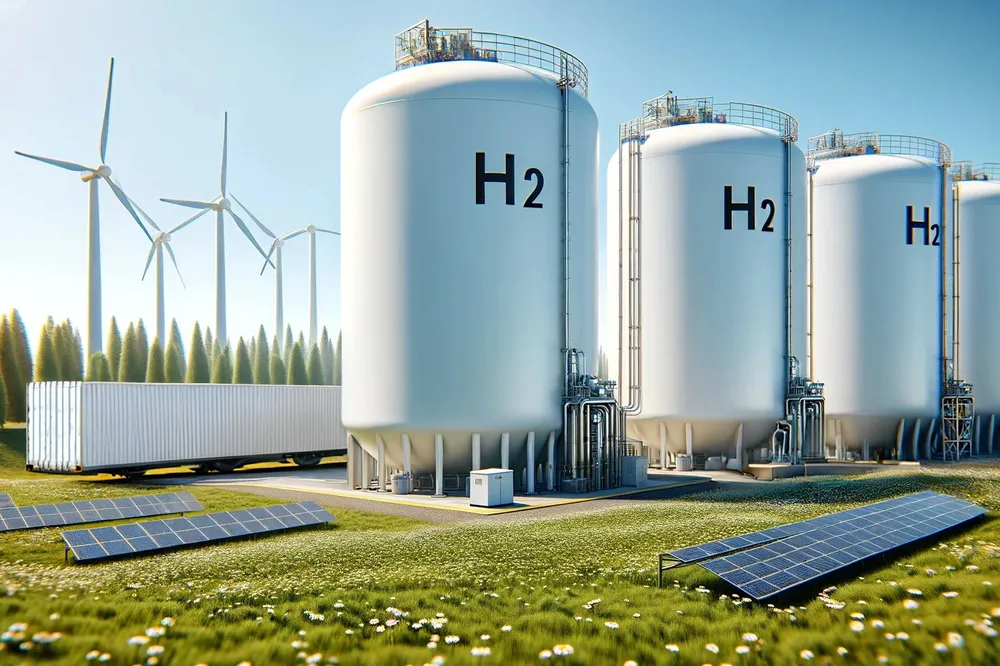Global pipeline of hydrogen electrolysis projects grew by 55GW in past six months: analyst
Total capacity of announced projects now stands at about 1,200GW, says Aurora Energy Research

Total capacity of announced projects now stands at about 1,200GW, says Aurora Energy Research
